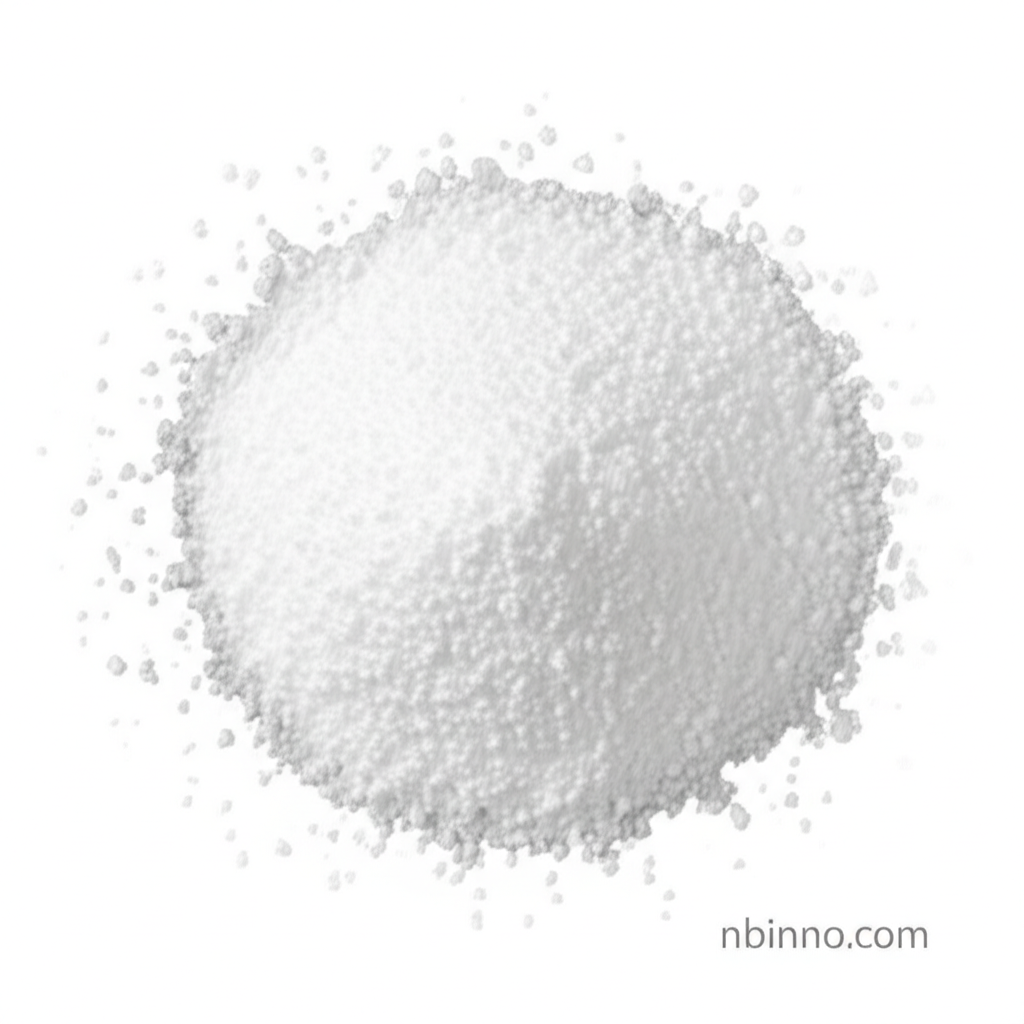Microcrystalline Cellulose: The Cornerstone Excipient for Enhanced Formulations
Discover the unparalleled versatility and performance of Microcrystalline Cellulose in pharmaceuticals, food, and beyond.
Get a Quote & SampleUnlocking Superior Formulation Performance

Microcrystalline Cellulose
As a leading pharmaceutical excipient, Microcrystalline Cellulose (MCC) is a refined plant-derived powder essential for creating robust and effective solid dosage forms. Its unique physicochemical properties make it an indispensable ingredient for tablet binding, filling, disintegration, and enhancing overall product performance.
- Leverage the exceptional binding properties of microcrystalline cellulose for superior tablet cohesion and integrity, ensuring your pharmaceutical products maintain structural stability.
- Understand the critical role of microcrystalline cellulose as a disintegrant, facilitating rapid tablet breakdown for optimal drug release and bioavailability.
- Explore the benefits of microcrystalline cellulose in direct compression processes, streamlining manufacturing and improving efficiency.
- Incorporate this versatile food additive to improve texture, act as a stabilizer, or enhance the mouthfeel of a wide range of food products.
Key Advantages of Using Microcrystalline Cellulose
Enhanced Compressibility
Experience superior tabletability with MCC, enabling the production of dense, hard tablets even at low compression forces, a key factor for successful pharmaceutical excipient formulations.
Improved Flowability
Benefit from the excellent flow characteristics of MCC, which ensures consistent die filling and reduces manufacturing issues, critical for high-speed tablet production.
Chemical Inertness and Safety
MCC is chemically inert, meaning it does not react with active ingredients, ensuring the stability and efficacy of your final product, crucial for pharmaceutical excipient applications.
Key Applications
Pharmaceutical Formulations
As a vital binder and filler, MCC is instrumental in tablet and capsule manufacturing, improving what is microcrystalline cellulose understood as a fundamental component in drug delivery.
Food Production
Used as a food additive, MCC serves as an anti-caking agent, stabilizer, and texture modifier, contributing to the quality and consistency of processed foods.
Cosmetic Industry
In cosmetics, MCC acts as an abrasive, absorbent, and viscosity enhancer, improving the texture and application of skincare and makeup products.
Nutraceuticals
Its role as a bulking agent and binder makes MCC valuable in nutraceutical supplements, supporting dietary needs and product formulation.
